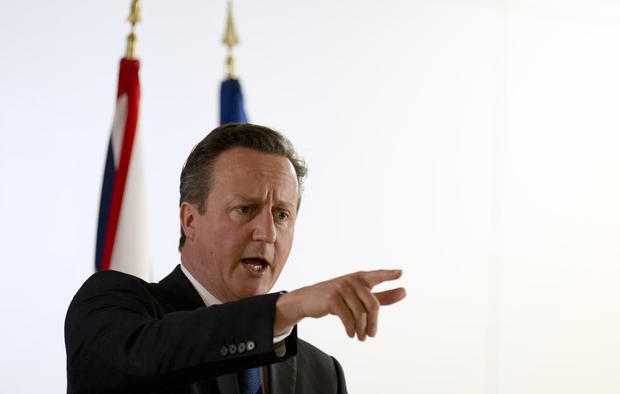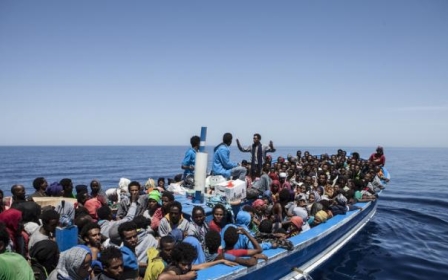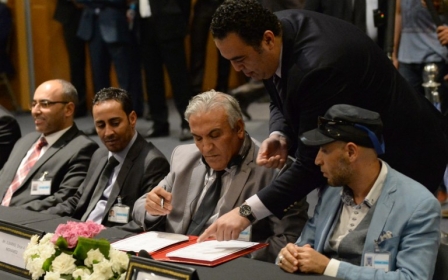UK spent 13 times more money bombing Libya than rebuilding it, documents reveal

The United Kingdom spent nearly 13 times as much money bombing Libya to remove Muammar Gaddafi as it contributed to rebuilding the country after the 2011 NATO intervention, new documents released in London have revealed.
The House of Commons library files state that the total cost of the seven-month long 2011 military campaign in Libya cost £320mn. After the bombing ended almost four years ago the UK gave just £25mn to Libyan authorities for stabilisation projects, while some £15mn was separately spent on humanitarian aid.
The UK joined the NATO coalition in 2011 to implement a no-fly zone set out by a United Nations resolution. The international intervention saw British warplanes and helicopters strike military targets belonging to then leader Gaddafi, who was eventually unseated and killed by rebel groups backed by the international coalition.
The cost of bombing Libya has been a secret closely guarded by the UK government. Chancellor George Osborne has previously said the operation cost “tens of millions”. The Ministry of Defence said it was £212mn. Defence analysts have even estimated it may have cost nearly £1bn.
But the newly published House of Commons documents state the full bill was £320mn. This included some £50mn that was required to buy replacement ammunition used in the intervention.
Once the intervention was over through the UK gave £25mn to assist in stabilisation between 2011 and 2013 through the Arab Partnership.
Members of the Scottish National Party, which reported the release of new documents, said the disparity between spending on military action and stabilisation in Libya was “alarming”.
“Spending £320m on a bombing campaign and £25mn to help restore the country is one reason perhaps that we have a failed state in Libya,” SNP foreign affairs spokesperson Alex Salmond MP told the BBC on Sunday.
“These figures are eye-watering,” said fellow SNP MP Stephen Gethins. “The lessons of Libya, like Iraq, is that you cannot just bomb somewhere and move on.”
Since Gaddafi was removed as Libya’s leader the country has descended into a brutal civil conflict. Rival tribes, cities, militias, and even parliaments are all now competing for control of a country that possesses Africa’s largest oil reserves.
The Islamic State group has recently gained a foothold in the country, which has prompted UK Prime Minister David Cameron to state further military action is an option in Libya.
“If there is a threat to Britain or to our people or our streets and we can stop it by taking immediate action against that threat, then I as Prime Minister will always want to try to take that action and that’s the case whether that problem is emanating from Libya, from Syria, or anywhere else,” he said on Monday, while on a trip to Indonesia.
Cameron emphasised that in Libya the problem remains that there has not been a government that has been “able to deliver,” and he added that this was the reason he has provided training for Libyan military personnel.
The UK’s plans to train Libya troops have not been without its problems, however, after a scheme was cancelled in November lawhen nearly 300 Libyans were returned home from Oxfordshire for “completely unacceptable” behaviour.
Two of the Libyan cadets were charged with raping a man and two others admitted a sexual assault. Others were seen by local residents leaving the military base housing them and going to buy alcohol in local shops.
Middle East Eye propose une couverture et une analyse indépendantes et incomparables du Moyen-Orient, de l’Afrique du Nord et d’autres régions du monde. Pour en savoir plus sur la reprise de ce contenu et les frais qui s’appliquent, veuillez remplir ce formulaire [en anglais]. Pour en savoir plus sur MEE, cliquez ici [en anglais].




